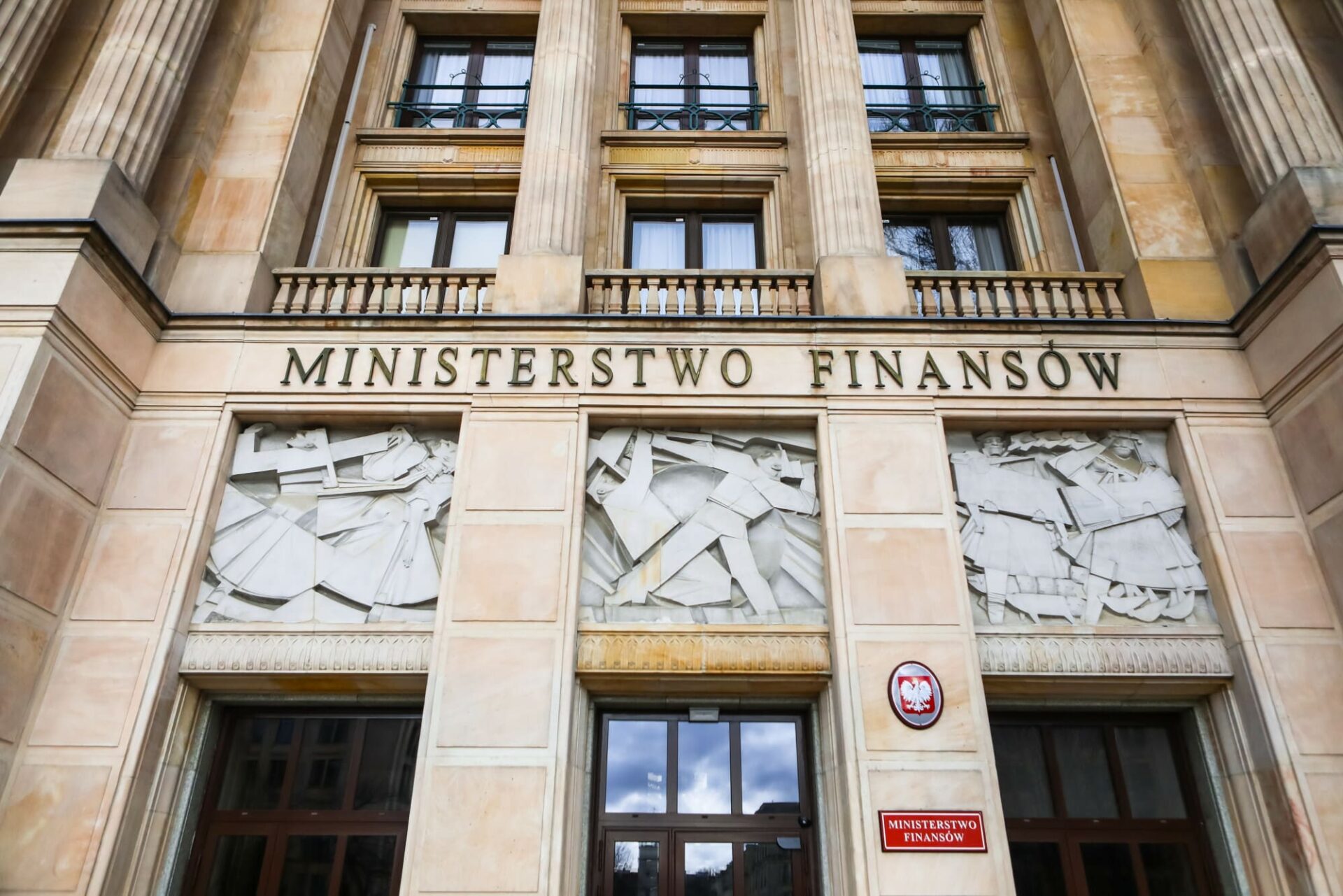In the Ministry of Finance, work is underway on the announced reliefs in the so-called Belka tax (capital gains tax). Politicians from various parties advocate changes in this area, including the complete abolition of this levy, but this is not a sure thing. According to experts, the government is unlikely to take a radical step, as it would lose a lot. Some halfway measures might be implemented instead. However, data from the Ministry of Finance shows that the revenue from this levy exceeded PLN 8.5 billion within eleven months of the last year, a figure nearly 48% higher than the total achieved in 2022. Moreover, when compared with the data of 2021, it shows an increase of nearly 105%.
Political Voices
Currently, the Ministry of Finance is conducting analytic work aimed at the implementation of the so-called Belka tax reliefs. The ministry emphasizes that all potential economic aspects of such solutions must be taken into consideration while devising tax reliefs, particularly their impact on public finance and the capital market. The development of a concept, and afterwards, a legislative change project requires adequate time for diligent execution. At this stage, revealing any information about the direction and scope of planned changes, as well as their implementation timeframe, is premature.
According to MP Rafał Kasprzyk from the Polska 2050 party, the so-called Belka tax should be entirely abolished. This is one of the additional levies that were initially introduced for a short period of time but it has remained in place. Moreover, MP Tomas Trela from the Left believes that the Polish tax system is under-progressive, complicated, and flawed, with those earning the most paying a smaller percentage of their income in taxes.
Billions from Taxpayers
Data from the Ministry of Finance shows that the Belka tax revenue reached PLN 8.51 billion in the first eleven months of 2023, an increase of 47.9% compared to the total amount of PLN 5.75 billion in 2022.
Around the Budget
According to Ewa Flor, a tax advisor from the ATL Accounting & Payroll office, the amount of Belka tax revenue seems high. However, from the budget perspective, it constitutes less than 2% of the estimated state budget revenue for eleven months of last year. Yet, for the taxpayer, it is a significant burden. In her opinion, a complete abolition of this tax might require seeking compensation for this amount, e.g., by reducing expenses or increasing other levies. A moderate reform of the Belka tax – through tying its amount to the inflation rate or introducing a tax-free amount – should not significantly impact the budget balance.
